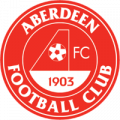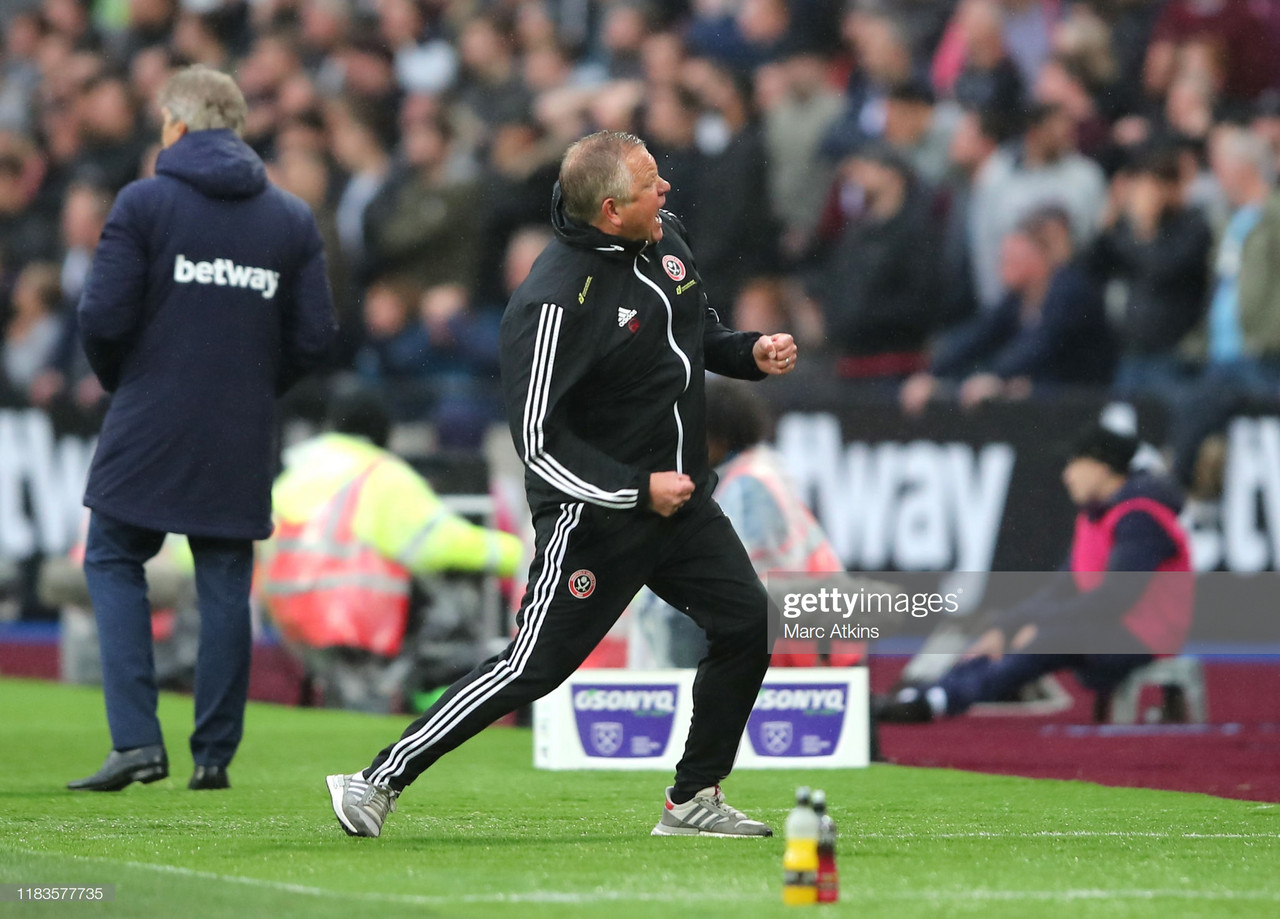Sheffield United welcome Burnley to Bramall Lane on Saturday afternoon in what promises to be a closely-fought Premier League encounter. The hosts have one more point than the Clarets and currently sit in the top 10, a phenomenal achievement for this football club.
The Blades have been the real surprise package of this season’s top division. They looked very short on top-flight quality and many of their summer signings appeared to have been uninspiring. However, they believe in what they do and have simply carried on from where they left off in the Championship. Manager Chris Wilder has a fascinating way of playing football and his players are fully integrated into that. They have two types of shape: a dogged defensive unit and an expansive attacking setup.
General tactical overview
Defensive Shield
When they are defending, United slip into a flat back-five with everybody usually camped in a defensive shape. They’ve only conceded more than once on two occasions this season, against high-flying Leicester City and Chelsea, and have amassed four clean sheets so far. This is because their defensive shape is very compact and diligent. The players hold their positions very well and will throw their bodies on the line for the cause. This is a setup which focuses on stifling and frustrating the other team with a deep-block. It is in stark contrast to their attacking play.
Unpredictable Attack
Their system is rigid defensively but allows for much more flexibility when going forward. Not only can the wing-back options power forward but Chris Wilder encourages his centre-backs to overlap.
The overlapping centre-back allows the full-back to shift inside while the centre-back bursts down the flank. This opens up space and affords more options to the person with the ball. If the full-back has the ball, he can elect to cross a ball with more space, take on his opposing man - who will be distracted by the presence of the advanced centre-back - or he can pass to the advanced centre-back. In this situation, a midfielder would then fill in around the position of the centre-back in case of a potential counter-attack. A midfielder is not simply a midfielder, therefore, because he has to play in a multitude of positions over the course of the 90-minutes. The Blades are always positionally fluid when they go forward and that’s why teams struggle to contain them. That flexibility makes up for a lack of verifiable individual Premier League quality.
It's also noteworthy that they average 11 fouls per-game, many of which occur during the transition phase to prevent counter-attack opportunities from resulting in a goal. Tactical fouling.
Basic works for Burnley
Burnley are more simplistic in the way they go about their business. Sean Dyche believes in getting the ball down the pitch in the quickest way possible; he believes there is little advantage in playing a more entertaining brand of football. It’s hard to argue. Many teams struggle to handle the direct style of Burnley. The two forwards embrace a physical battle with opposition defenders and this provides a real throwback to football in the 1990's and 1980's. Some people label the football as ‘anti-football’ but these comments only serve to further illustrate that these tactics are effective in taking points from other teams. Jose Mourinho prided himself on finding a way to pick up the necessary points and Dyche sings off that very same hymn sheet.
There is much more of a focus on fixed-position as opposed to fluidity with the Clarets. Every player has a position and a task that they stick to. It is very much two blocks of four with two up-front. Sure, the full-backs have the option to overlap and push forward but it is a far cry from Wilder’s notion of having midfielders who sit in at centre-back while the centre-back bursts down the wing!
Simply, it is what works for the manager. Wilder will not be told that he needs to change his way of playing and neither will Dyche. They are both proud men who will do what they believe is best with the resources that they have. The respective supporters are fully behind their managers and that is all the backing they really need.
Hard-fought battle
This could be the most honest match of the Premier League campaign! Wilder wants his players to play football in their own way but to also show a good level of sportsmanship and respect. Like Dyche, he will expect his players to conduct themselves with professionalism and will not condone play acting of any sort. In a modern era where theatrics can often dominate over the spectacle, this could be a good throwback to how football matches used to be.
Individual Battles
John Egan v Ashley Barnes
Chris Wood remains a doubt for this weekend’s match so Barnes could be set to partner Jay Rodriguez for the second consecutive match. Burnley’s rough-and-ready forward will be looking forward to pitting his wits against the bullish Sheffield United defenders. Egan will be back there trying to steady the ship.
Oliver Norwood v Ashley Westwood
Norwood is a very assured midfielder. He passes a ball very well and works hard for the team. Ball retention is key in this team and he is certainly good at picking people out with his passes. Westwood, too, is an effective distributor but his work-rate is also very important. Playing in a two-man midfield means that there is always a lot of ground to cover and he never shirks that responsibility. These are two workmanlike professionals.
Lys Mousset v Ben Mee
Mousset has only started one Premier League game all season but, with two goals in his last two games, he’s pushing for a return to the starting eleven. Wilder is quite ruthless with his forward options and often rotates players in and out of this position. Mee will have to be on his toes and can expect to be facing a number of different players given that Wilder likes to bring fresh faces on before the hour mark.









































